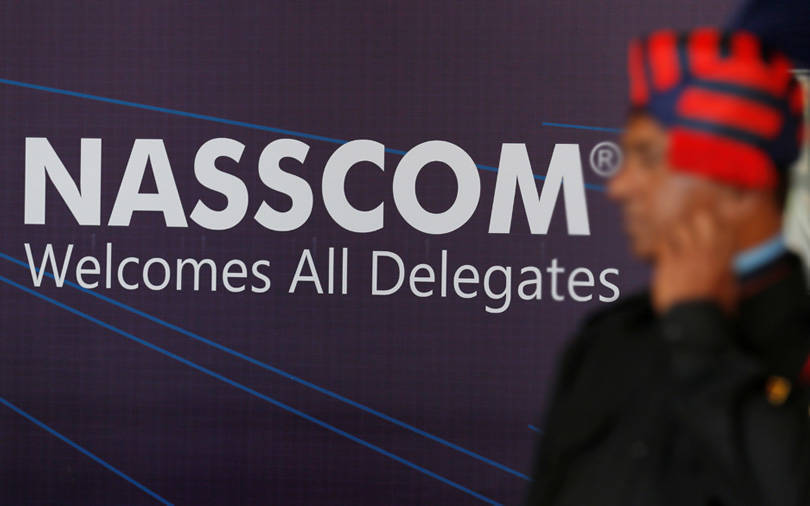
Nasscom’s Mohan Krishnan on using CoEs to boost India’s AI, data sciences capabilities


Over the past three years, Nasscom, the nodal lobby for India’s software services industry, has launched four centres of excellence (CoE) for the Internet of Things (IoT), data sciences and artificial intelligence (AI) across the country.
While the CoE for IoT offers platforms to enable innovations in areas such as connected devices, the ones for data sciences and AI collaborate with innovators, government, user enterprises, academia and industry. Technology partners for these CoEs include IBM, Intel, NVIDIA, Microsoft and Digital Ocean.
In an interview with TechCircle, Mohan Krishnan, who heads the CoE for data sciences and AI, spoke about the challenges of developing ecosystems around emerging technologies and how the CoEs are trying to plug the gaps. Edited excerpts:

What was the long-term objective of setting up such CoEs?
There’s a lot of disruption taking place globally across industries from manufacturing to agriculture, to healthcare to retail, and even in governments. That presents a huge opportunity for India to play an important role since emerging technologies such as AI and data sciences can solve many of the problems that these industries face. In fact, we see India emerging as the global destination for innovative solutions to many of those complex problems.
In order to realise that potential, we need to accelerate innovation at our end. We need to create synergies amongst all the stakeholders. That’s why we established the CoEs on a public-private partnership model that involves the government, industry, academia and Nasscom.

Tell us more about how the CoEs function.
The CoEs address a couple of areas. The first is problem solving. We work with stakeholders from various industries and help them understand business problems and how the AI, IoT and other deep technologies can help them solve those problems by leveraging the startup ecosystem. We work mostly with mature startups.
Second, we work on developing the problem-solving capabilities of startup innovators by making the IoT and AI labs available to them, which in turn can help them fast track the entire product development process.

What kind of results have you seen so far?
Over the last 2-3 years, the CoEs have incubated 80 startup innovators and those innovators have filed around 55 patents. About 15-odd patents have been granted.
How do the CoE’s sustain themselves?

The CoEs are set up for a five-year period, and through those five years, they received up to 80% of government support for their funding requirements.
How many collaborations do you have with user enterprises?
We have tie-ups with General Electric and FirstSource, among many others. As we speak, we are working with around 50-odd user enterprises across industries.

What is the biggest challenge for the AI CoE?
Talent is the biggest constraint across the globe for building an AI ecosystem. We are working with various colleges and universities to launch programmes on AI. Also, we are working on creating a faculty development programme. For the right set of talent to come out from various streams, we need to have qualified faculty. Last year, we started off with a heavy focus on healthcare and this year we will focus on manufacturing.
